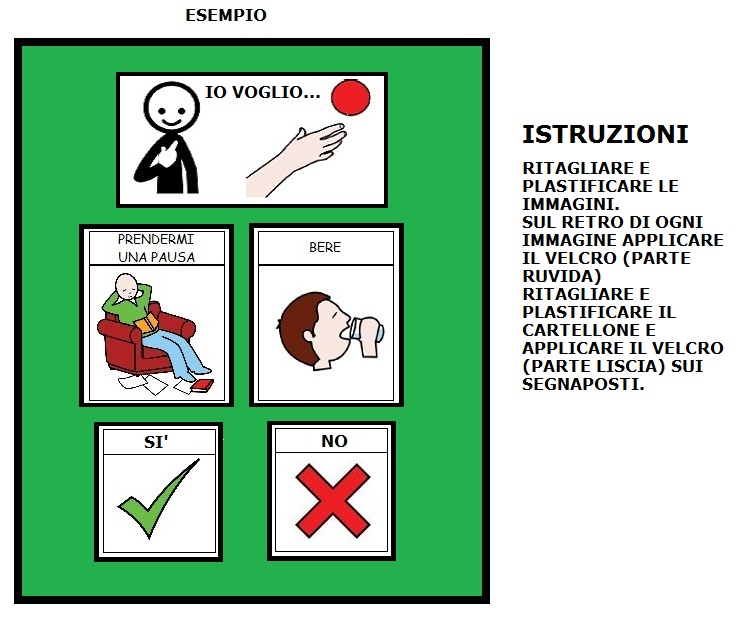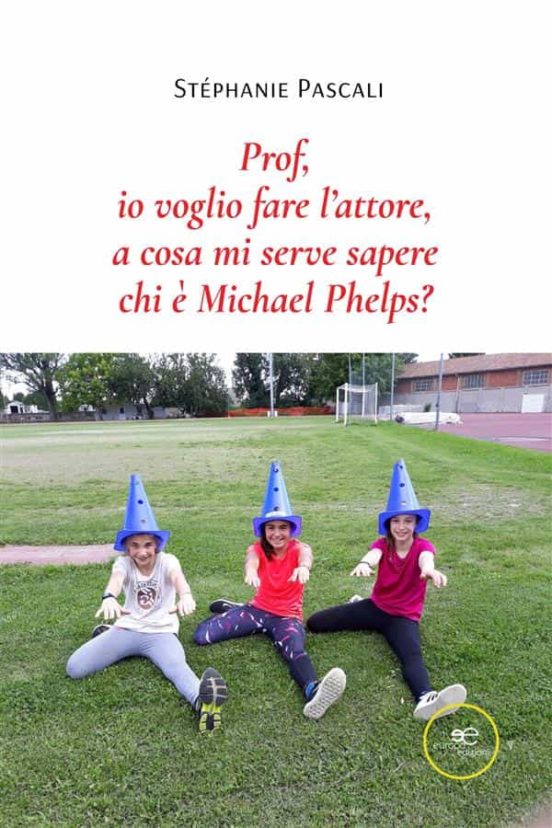
comuniCAAzione Io voglio...
The title of this beautiful Italian song has three verbs: Voglio (modal volere) vederti (see you) danzare (dance). The Italian modal verb volere adds the sense of desire to the verb that follows it, and in the present indicative, the closest translation in English is "to want." Voglio imparare l'italiano. — I want to learn Italian.

eva in seoul on Twitter "io voglio dei bambini con lui per piacere
Translation of "Io voglio sapere" in English I want to know I wanna know Io voglio sapere perché tutti imparano. I want to know why everyone is learning. Io voglio sapere perché hai bisogno di un angelo dell'ultima occasione. I want to know why you need A last-chance angel. Io voglio sapere perché sono qui dentro.
tutto il resto è vita! IO VOGLIO!
When volere takes essere as an auxiliary, remember to change the endings of the past participle according to the gender and number of the subject. You can replace the verb in the brackets with any other verb that has essere as an auxiliary.. Non è voluto venire. He didn't want to come. Non hanno voluto fare come gli ho suggerito. They didn't want to do as I suggested.

Pin on Amore
Voglio - I want Posso - I can Devo - I have to, I need, I must What do they have in common? Simple. They are followed by infinitive verbs (e.g. non conjugated verbs) An infinitive verb is a base form of any verb, the way you look it up in a dictionary. So, we can say that modal verbs are always followed by infinitive verbs.

Hanno detto Modi di dire italiani, Citazioni sagge, Citazioni
As human beings, we have the natural tendency to talk about what we want in conversation with friends and family, be it food, drink, sleep, company or something more profound.. In Italian, the infinitive verb for to want is volere and when expressing a personal desire in the first person, it can be conjugated in two ways. (Io) voglio - Present tense. The first is the present indicative tense.

creestina on Twitter "Si però io voglio sapere cos’è successo"
Conoscere. Conoscere means to have thought-out knowledge of something: to be acquainted with someone, a topic, or a matter. It also means to have experienced something and to be familiar with it personally, in a deeper manner than counterpart sapere. Followed by a direct object, conoscere is used with people, locales, and subjects.

Pin su Angeli
Sapere is used for hearing or finding out about something, often used in the passato prossimo. When you are learning of something or hearing of something, you use sapere followed by a secondary clause with di and che.

Io voglio crederci ¸. YouTube
Coniugare il verbo sapere a tutti i tempi e modi : maschile, femminile, Indicativo, congiuntivo, imperativo, infinito, condizionale, participio, gerundio. Coniugazione del verbo sapere.. che io abbia saputo che tu abbia saputo che lui abbia saputo che noi abbiamo saputo che voi abbiate saputo che loro abbiano saputo. Imperfetto. che io sapessi

IO VOGLIO SAPERE. 2010 Fuga da Polis
Volere Volere means " to want " or " to wish " in Italian and it is used to communicate desires and wishes. It conjugates in the following manner in the present tense: (io) voglio = I want (tu) vuoi = you want (singular, informal) (lui) vuole = he wants (lei) vuole = she wants (Lei) vuole = you want (singular, formal) (noi) vogliamo = we want

Eva, io voglio sapere ReWriters
Aprender Italiano desde cero | Guía de conversación. Los verbos modales requieren un verbo en infinitivo que complemente su significado. Son: Potere (Poder), Dovere (Tener que), Volere (querer), Sapere (saber)

Ma solo io voglio sapere perché Gabby e Lyon non Collaborano più e solo
ITALIAN Subjunctive Present (9 Lessons) Certain verbs such as: suggerire (to suggest), sperare (to hope), desiderare (to wish), and insistere (to insist) require use of the subjunctive. Click the card to flip 👆. Click the card to flip 👆 1 / 209 Flashcards Learn Test Match Created by gerald_zaccaro Terms in this set (209) Certain verbs such as:

E qui comando io!! E qui comando io, voglio sapere chi ha … Flickr
Sapere Conjugation - Imperfetto. Io sapevo. Tu sapevi. Lui/lei sapeva. Noi sapevamo. Voi sapevate. Loro sapevano. Imperfetto is another important past tense in the Italian language. It's used to express the habits from the past, to talk about emotions you had and to describe something in the past.

Voglio Sapere YouTube
Google's service, offered free of charge, instantly translates words, phrases, and web pages between English and over 100 other languages.

Ebook PROF, IO VOGLIO FARE L’ATTORE, A COSA MI SERVE SAPERE CHI È
The Italian language has three groups of verbs, and three conjugations: To form the Simple Present we have to take -ARE, -ERE or -IRE off and add the appropriate ending to the stem of the verb, according to the group it belongs to. *lui = he (masculine); * lei = she (feminine); *Lei = formal form for both he and she (e.g. Mrs, Miss, Mr..)

Pin su AMICIZIA
Io voglio sapere l'amore cos'è, parliamo d'amore. (Voglio che me lo dimostri), voglio sentirlo anch'io. (Voglio sentire l'amore cos'è) voglio sentirlo anch'io. Ed io so, io so, io so che tu puoi mostrarmelo. Mostrami ciò che è vero, uoh uoh si, io lo so.

Analisi Io voglio del ver la mia donna laudare di Guido Guinizzelli
Volere Bene Indicativo Presente: Present Indicative Indicativo Passato Prossimo: Present Perfect Indicative Indicativo Imperfetto: Imperfect Indicative Indicativo Passato Remoto: Indicative Remote Past Indicativo Trapassato Prossimo: Indicative Past Perfect Indicativo Trapassato Remoto: Indicative Preterite Perfect